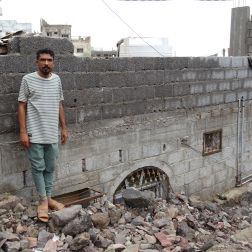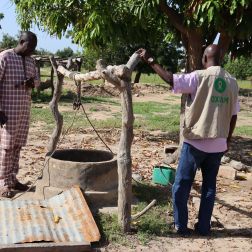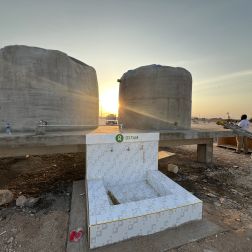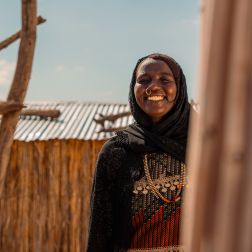- 4 mins read time
- Published: 11th March 2020
Cyclone Idai: One year on, communities are still suffering
Cyclone Idai made landfall on 14th March 2019, destroying livelihoods and homes across southern Africa. Today, hundreds of thousands of people in Zimbabwe, Malawi and Mozambique are still suffering the consequences of one of the worst cyclones to hit Africa.
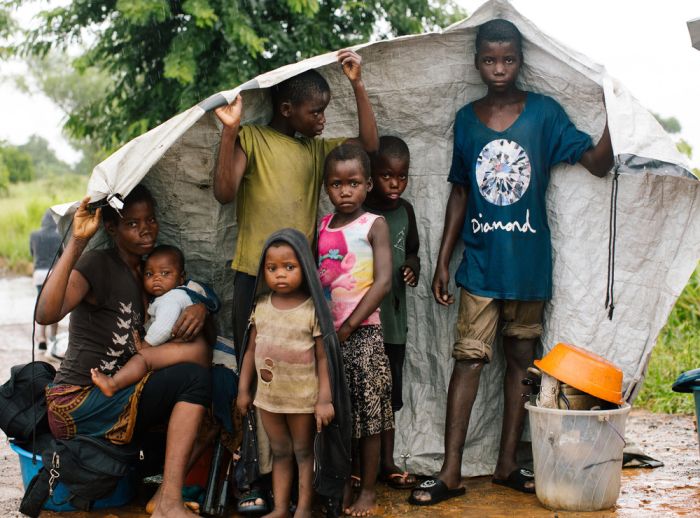
A new Oxfam briefing, After the Storm, reveals that thousands of people in Mozambique and Zimbabwe are still living in destroyed or damaged homes and makeshift shelters, with an estimated 8.7 million people in desperate need of food as a result of extreme weather events and localised conflict. Critical infrastructure including roads, water supplies, and schools remain in disrepair, making it even more difficult for people to access vital services or get back to work.
A toxic combination of factors – including an intensifying cycle of floods, drought and storms; deep rooted poverty and inequality; a patchy humanitarian response; and the lack of support for poor communities to adapt to changing climate or recover from disaster – have increased people’s vulnerability and made it harder for people to recover.
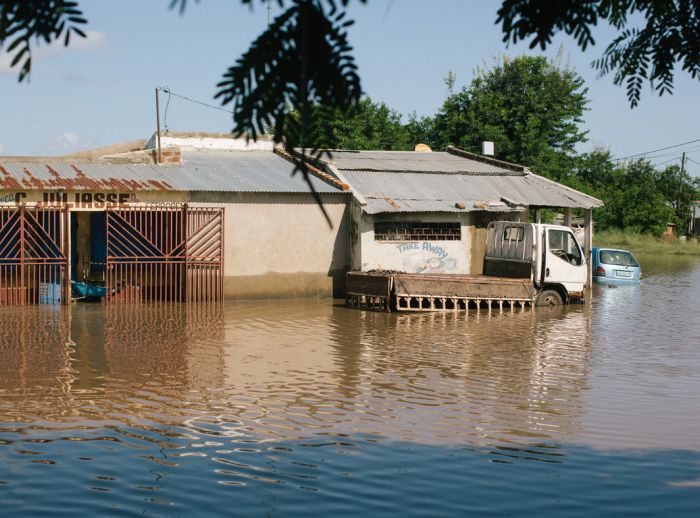
Virginia Defunho, a farmer who lives in Josina Machel village in Mozambique with her husband and seven children, lost everything in the cyclone - their home, crops, chickens and most of their possessions. She replanted her fields in December, but her crops were damaged by another severe flood this January. Oxfam’s partner Kulima is providing Virginia with tools and seeds to plant again on a rented plot on higher ground.
“The hardest thing now is the lack of food. Sometimes I go to bed hungry. The child cries, wanting something to eat, and it makes me feel angry sometimes, because the child is crying because he wants food and there is nothing to give.
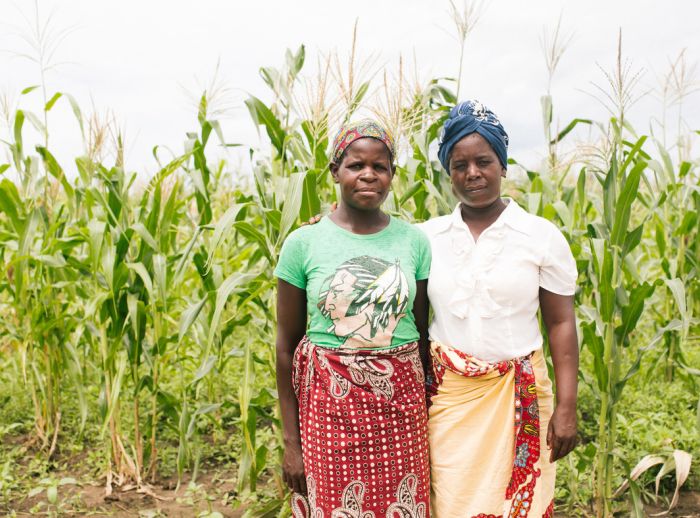
“Idai has destroyed my mind. I have a child who has succeeded to grade ten, but I don't have the money to pay for him to enrol back at school. If life was normal, I would have some crops to sell and I would get some money and my child would be back at school.
“We are worried about the future because we don't know if the weather is going to be like this or if it will change back to normal like it was before. We worry about another cyclone coming. If it comes a second time, what will our lives be? How is it going to be?”
Oxfam raised funds to assist people across Mozambique, Malawi and Zimbabwe in the aftermath of the cyclones. With our partners, we provided emergency assistance such as food aid, blankets and hygiene kits; installed latrines and water pumps in temporary camps; and helped raise awareness of issues such as gender-based violence - which often spikes after a disaster. In the long term, Oxfam is working with communities to help them adapt in the face of a changing climate – for example by helping smallholder farmers diversify their crops and adapt their farming techniques.
Cyclone Idai is just one of many extreme weather events to have hit southern Africa in recent years. Despite the escalating climate crisis, poor communities are not getting the help they need to adapt, and world leaders have failed to ensure a dedicated global fund to help countries rebuild from the loss and damage caused by climate fuelled disasters.
Donate now to support Oxfam’s work in southern Africa and beyond.
